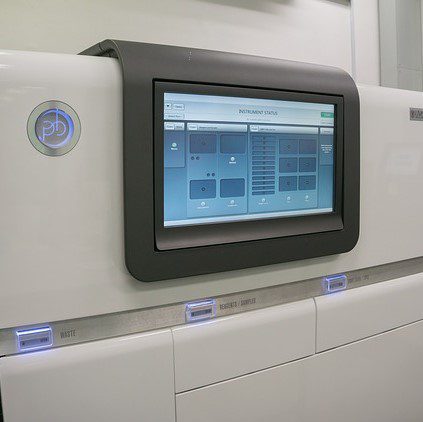During a recent WZDX News interview with Dr. David Bick, HudsonAlpha Faculty Investigator Dr. Bick stated that in Alabama alone, there are approximately four hundred thousand people with rare diseases.
This surprising disclosure is only surpassed by the fact that approximately ninety percent of patients with rare diseases do not have an FDA-approved medication.
HudsonAlpha Institute is a nonprofit where educators, scientists, and entrepreneurs turn genomics into real-world results.
Dr. Bick is also Medical Director of the Smith Family Clinic that has partnered with HudsonAlpha in preparation for “Rare Disease Day”.
About Rare Diseases and Rare Genetic Testing
Dr. Bick explained that there are about twenty thousand human genes. Scientists are testing these genes hoping to find a diagnosis for many of these undiagnosed rare diseases. This rare type of genetic testing is called whole-genome sequencing.
Dr. Bick explains that using whole-genome sequencing allows scientists to see all the genes at one time. He went on to explain that its software enables scientists to see the changes in DNA that may be potentially harmful.
There is one current downside, however, and that is in the database which lacks diversity. Currently, the database consists mostly of people of European descent.
Building a more diverse database by adding people with various backgrounds makes it easier for the lab to search and sort when working with new patients.
Dr. Bick concluded the interview by saying that the most important thought for Rare Disease Day is to understand that a person’s rare disease is no longer rare when they are in a group.





